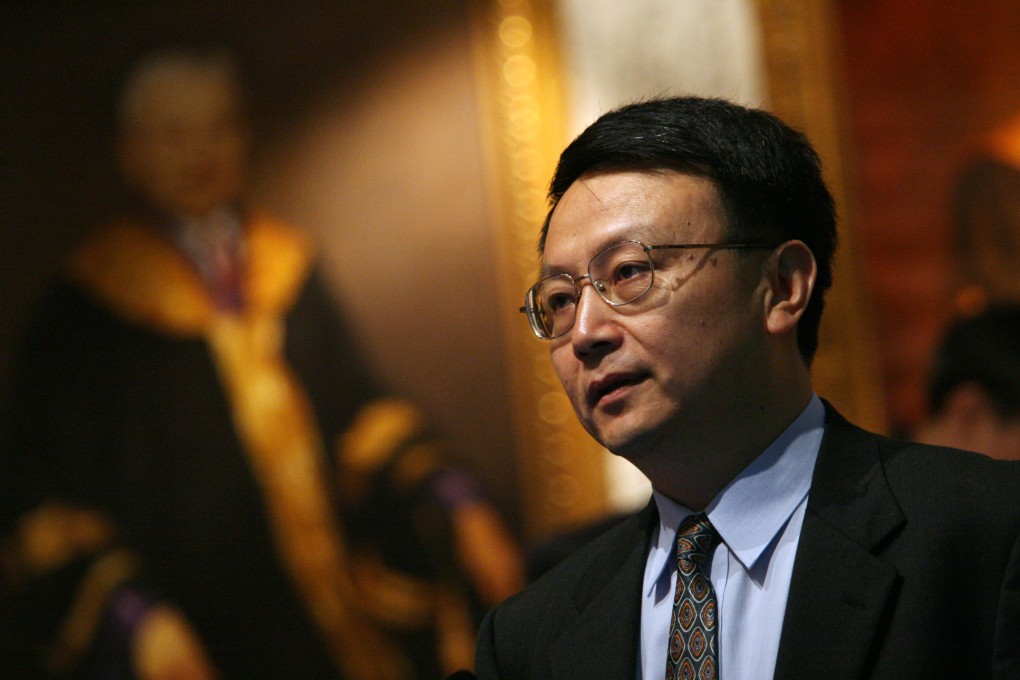Asian Angle | Restricting academics makes it harder for China to tell its own story
- By clamping down on the freedom of scholars to have frank discussions with their Western counterparts, Beijing is copying one of the worst aspects of the Donald Trump administration
- Hong Kong was once an escape valve for discussions on China, but the national security law has changed the atmosphere

We’re not talking here about allowing Chinese scholars access to US physics and computing labs that some fear might mean that the latest information about AI or rocket technology might find its way to Beijing by underhand means.
Senior specialists on international relations, trade policy and Chinese politics had their multiple-entry visas revoked. Students in these areas were told they might not be able to take up their places to study.

The South China Morning Post has reported signs of the dangers in the past few months. Jia Qingguo, professor of international relations at Peking University and a delegate to the CPPCC (Chinese People’s Political Consultative Conference), warned in March that excessive demands for permission to meet foreigners were hampering research.
